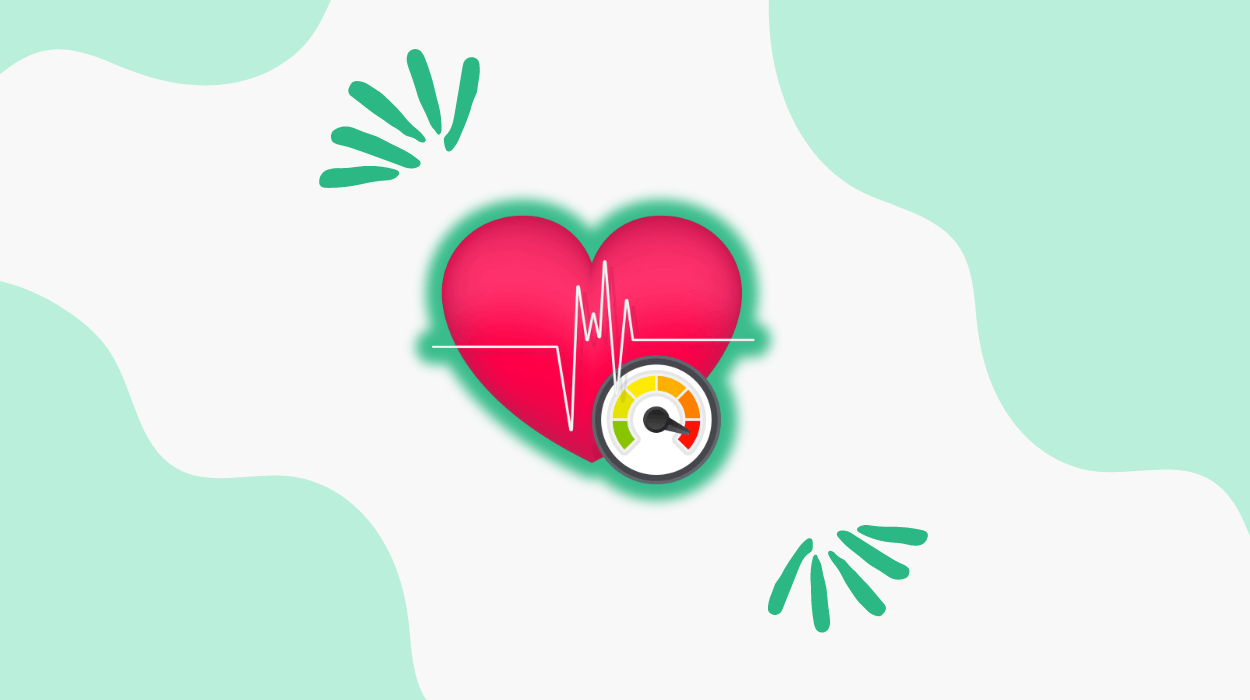

People struggling with anxiety often experience symptoms like increased heart rate, sweating, and elevated blood pressure, which could intensify feelings of distress and unease.
Beta-blockers could intervene by slowing down the heart rate and decreasing blood pressure, effectively breaking the cycle of anxiety and promoting a sense of calm and control.
This aspect is particularly beneficial in situations such as public speaking or job interviews, where physical manifestations of anxiety like trembling and blushing are unwanted.
Beta-blockers may help in lowering physical symptoms of anxiety. These medications were traditionally used for conditions like high blood pressure.
Can you become dependent on beta blockers? The mechanism of beta-blockers could highlight its effectiveness in managing the physiological aspects of anxiety disorder.
Beta-blockers are a common class of medications prescribed for various cardiovascular conditions. They work by inhibiting the release of adrenaline in the heart and blood vessels. Doing so could reduce the heart’s workload, lower blood pressure, and enhance circulation efficiency. Beta-blockers may help prevent angina and decrease the risk of heart attacks.
This mechanism of action extends to the management of anxiety, where beta-blockers may play a vital role in targeting the physical symptoms associated with this condition. However, better-designed studies are required to calculate the precise role of beta blockers in managing anxiety. These medications might induce depression and should be used with caution.
Anxiety disorders are characterized by increased worry, fear, and physiological manifestations like increased heart rate and trembling.
Initial treatments for anxiety may involve therapeutic approaches and lifestyle adjustments. However, beta-blockers could also additionally help in treating anxiety symptoms.
Beta-blockers could be a valuable tool for anxiety disorders. They could relieve symptoms such as heart palpitations, sweating, and high blood pressure. They might also help stabilize heart rate and blood pressure, which could be physical manifestations of anxiety.
Beta-blockers may work by targeting the physiological aspects of anxiety. They could help people experience a sense of calm and control, particularly in anxiety-inducing situations like public speaking or job interviews.

Performance anxiety is commonly experienced in high-pressure situations like stage performances. It could be effectively managed through the targeted physiological effects of beta-blockers.
Here are four key points to consider when it comes to using beta-blockers to control performance anxiety:
Anxiety could significantly impact concentration, decision-making, and overall clarity of thought. Beta-blockers may help in enhancing cognitive performance by reducing these distractions.
Here is a comparison table to illustrate the effects of beta-blockers on cognitive function:
| Aspect | Effect |
|---|---|
| Concentration | Improved |
| Decision-making | Enhanced |
| Clarity of thought | Increased |
Beta-blockers may help stabilize physical symptoms of anxiety and allow people to focus better on tasks requiring cognitive engagement.
Beta-blockers could target the physiological manifestations of anxiety, such as tremors, shortness of breath, and even nausea and vomiting. They may help keep you calm by reducing the effects of adrenaline which induces the flight or fight response. It may not treat anxiety but may work on lowering the symptoms of anxiety.
Beta-blockers might mitigate anticipatory anxiety by targeting and reducing the physical symptoms associated with pre-event apprehension. This intervention may provide a sense of calm and control, allowing one to approach these events with increased confidence and reduced distress.
When people encounter stress, their bodies release adrenaline, triggering the “fight or flight” response. For those with anxiety disorders, this response could be exaggerated, leading to heightened anxiety levels.
Beta-blockers play an essential role in this process by interfering with the action of adrenaline. They block beta receptors and prevent adrenaline from binding to them, stabilizing heart rate and blood pressure.
This stabilization may help to alleviate rapid heartbeat and trembling, providing people with a sense of control in anxiety-provoking situations.
Here are four key points to understand how long beta-blockers take to work for anxiety:
Individual responses to beta-blockers may vary, impacting how quickly the medication alleviates anxiety symptoms. Factors like metabolism, overall health, and dosage could influence the effectiveness.
Some common health concerns associated with beta-blockers could be:
Beta-blockers are medications commonly prescribed for high blood pressure, heart failure, and irregular heart rhythms.
They help inhibit the release of adrenaline in the heart and blood vessels, reducing the heart’s workload, lowering blood pressure, and enhancing circulation efficiency.
Beta-blockers could make people feel more relaxed and composed when facing challenging situations by addressing the physical manifestations of anxiety.
However, the pharmacological properties of beta blockers do not suggest an addictive potential. Scientific evidence and expert insights indicate that beta blockers exhibit distinct mechanisms of action that differ from addictive substances.
More research may determine the neurobiological effects and clinical implications of beta blockers in dispelling misconceptions surrounding their addictive nature.
Tyler Read earned an undergraduate academic degree from Sonoma State University, California and is a certified personal trainer (CPT) with NASM (National Academy of Sports Medicine). With over 16 years of experience, Tyler has trained clients both online and in-person.
He is passionate about helping others turn their love for fitness into a career. Tyler has worked with many local and commercial gyms before establishing his successful private personal training business, which he continues to operate.
